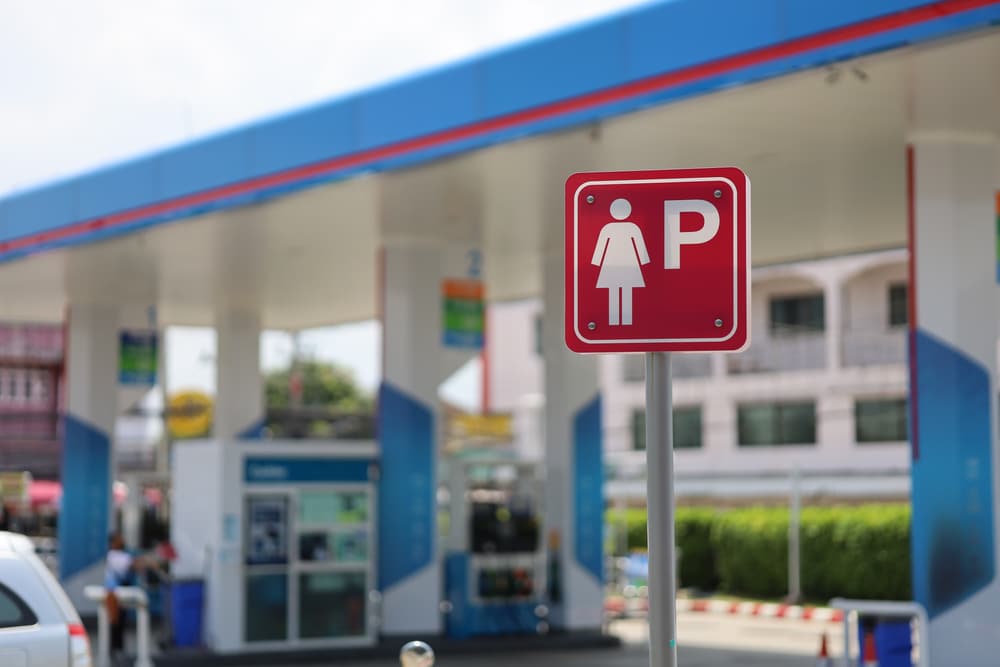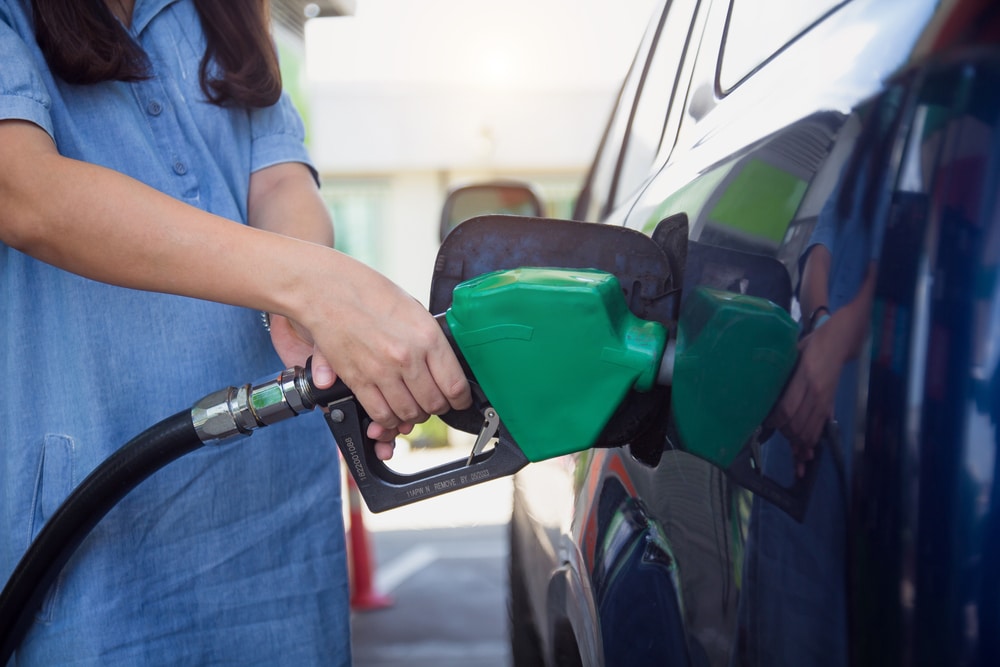Pumping gas while pregnant can be tricky, as the fumes from gasoline are known to contain toxins that can be potentially harmful to both mom and baby. But while it is essential for expecting mothers to take extra care when exposed to air pollutants, there is no evidence pumping gas poses any serious risk.
The biggest concern about refueling vehicles during pregnancy is inhaling the fumes from the fuel itself. While research has shown that traces of benzene, a substance found in gasoline, could cause harm if inhaled in high doses, it’s doubtful that pregnant women will experience any adverse effects from breathing in the fumes at a gas station.
It’s also worth noting that many newer cars today have emission systems designed to reduce exhaust output, such as carbon monoxide and nitrogen oxide – making them safer for pregnant women.
Is it safe to pump gasoline during pregnancy?

Pumping gasoline while pregnant can be a source of concern for expectant mothers. With the growing number of studies on environmental exposures and their effects on a baby’s health, it is understandable why some women may worry about filling up their car’s gas tank. However, the truth is that, in most cases, it is perfectly safe to pump gas during pregnancy.
According to experts from the Centers for Disease Control and Prevention (CDC), no known health risks are associated with pumping gasoline while pregnant. Even if you are exposed to fumes from gas or another fuel, the levels of exposure are typically not high enough for any adverse effects on your baby.
What about just smelling gasoline while pregnant?
Pregnant women often have to juggle a variety of lifestyle changes, from dietary adjustments to avoiding activities that may be potentially harmful to their developing baby. One question that some mothers-to-be might have is whether it’s safe for them to pump gas while pregnant.
The short answer is yes but with some caveats. While the fumes given off by gasoline are unlikely to harm your unborn baby, it’s important not to inhale too much of the fuel’s smell when pumping gas while pregnant.
Furthermore, if you feel uncomfortable or ill at any point during the process, you should step away from the pump and take a break until you feel better. Additionally, there are specific safety tips that you should follow to avoid injury while fueling up your car or truck.
How to minimize exposure to gasoline while pumping gas?
Pumping gas while pregnant can be tricky, as there are many potential risks to consider. Any exposure to gasoline fumes, no matter how small, carries the risk of health complications for both mother and baby. However, with some simple precautions and steps, it’s possible to minimize your exposure when filling up the tank.
Maintaining a safe distance from the pump is vital to preventing overexposure. The American Lung Association advises that if you’re pregnant, you should stay at least ten feet away from gasoline pumps or tanks.
Additionally, they recommend having someone else fill your tank whenever possible. If this isn’t an option, wear protective clothing, such as long-sleeve shirts and pants, with closed-toe shoes.
What does gasoline do to the body?
She was pumping gasoline while pregnant, an activity that many expectant mothers face regularly. With the array of options available to fill up vehicles, it can take time to know the risks when pumping gas while expecting. While gasoline does not directly impact a pregnant woman or her fetus, the fumes associated with it can lead to potential health concerns.
The Centers for Disease Control and Prevention (CDC) recommend that pregnant women limit their exposure to petroleum products as much as possible due to potential hazards from inhalation of its fumes. Gasoline contains volatile organic compounds (VOCs).
These hazardous air pollutants may cause certain respiratory illnesses such as dryness in the throat and nose, headache, nausea, and dizziness if inhaled over long periods.
Can gasoline fumes hurt an unborn baby?
They were pumping gas while pregnant is an everyday activity for expecting mothers. Many wonders if gasoline fumes can harm their unborn baby during the process. The answer is yes, but only under certain conditions.
Gasoline fumes are made up of hydrocarbons that have been found to cause developmental problems in children exposed prenatally to high levels of exposure. When pregnant women pump gas, they place themselves at risk as these hydrocarbons can enter the body through inhalation and skin absorption, potentially leading to health complications for both mother and child.
However, the risks associated with pumping gas while pregnant can be minimized by following some simple safety precautions. Taking steps such as avoiding stations with strong odors and waiting outside while someone else pumps the gas will help reduce fuel exposure levels.
Other dangerous fumes and chemicals to avoid during pregnancy
Gasoline fumes are one of the most dangerous chemicals that pregnant women should avoid. While it is unavoidable for some women to pump their gas while pregnant, they can take certain precautions to reduce their exposure and possible harm. Taking a few extra minutes to ensure you are far away from the pump when filling up your car can significantly reduce the number of gasoline fumes entering your body.
It is best for pregnant women to try and find someone who can fill up their vehicles regularly, such as a family member or friend. In addition, wearing gloves and long-sleeved clothing when handling gasoline will also help protect them from inhaling harmful vapors.
Furthermore, if you need to fill up your tank, try doing so in well-ventilated areas with plenty of fresh air circulation.
Conclusion
Pumping gas while pregnant can present some risks, but with proper caution and safety measures, it is a task that many pregnant women feel comfortable doing. By taking the necessary precautions and wearing protective clothing, like gloves and a mask, when possible, the chances of any exposure to harmful chemicals or toxins can be significantly reduced.
Knowing the signs of an emergency can also help new moms-to-be feel more assured when pumping gas while pregnant.
Read more…








